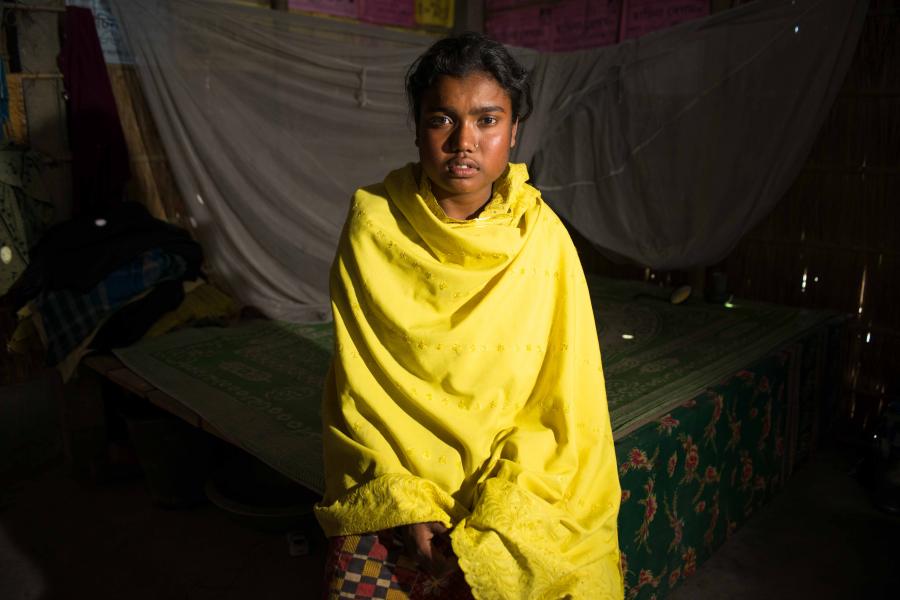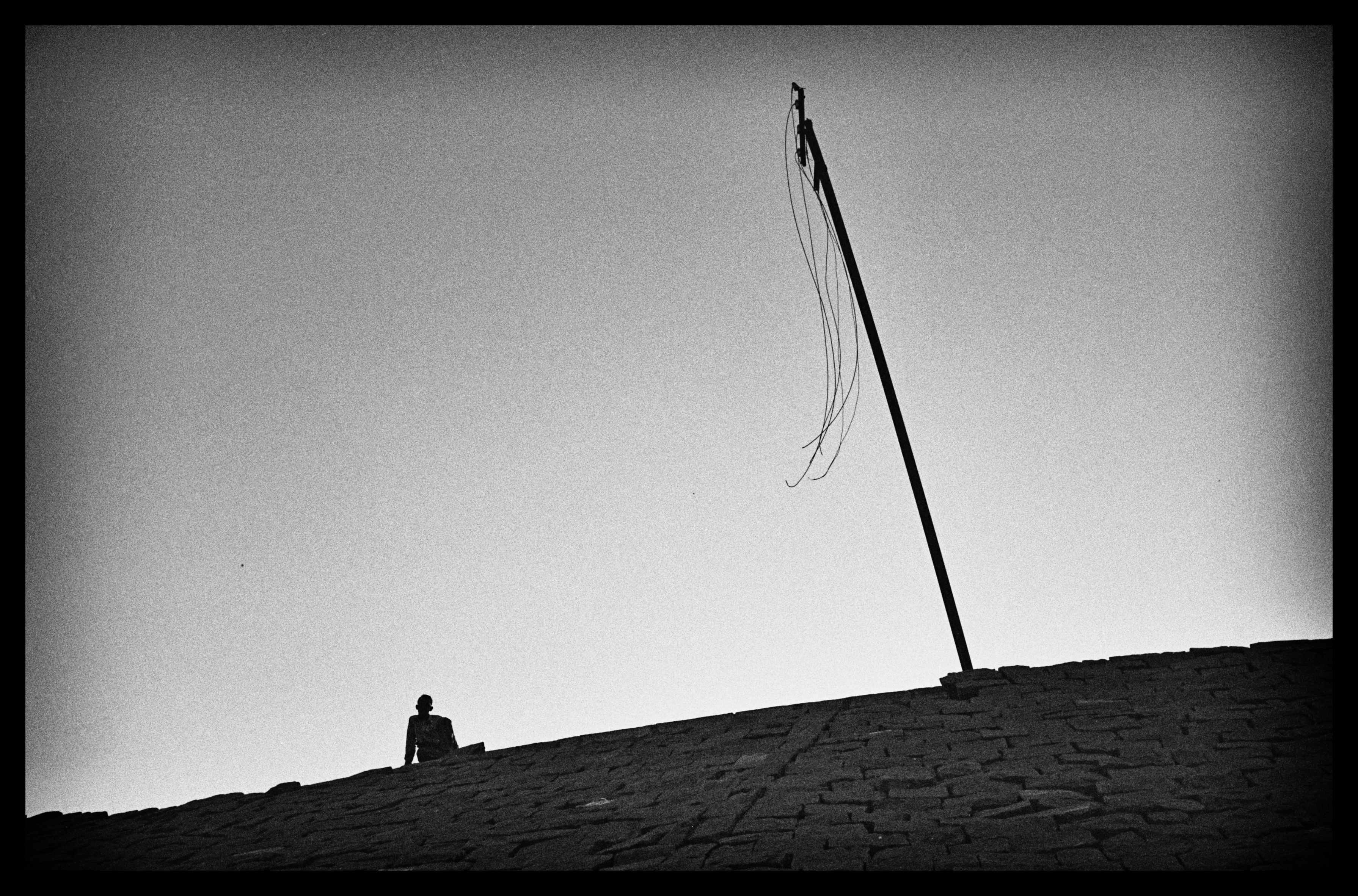
There are only losers in this tragic saga of the Delhi rape case. Now, after Ram Singh, one of the men charged over the gang rape and murder of the 23-year-old victim, has committed suicide, the failures of the Indian judiciary have again become apparent. Why was he not put on suicide watch? How could he hang himself amidst three other cellmates?
Indian home minister Sushil Kumar Shinde may have to answer another barrage of questions, just two weeks after he committed a major gaffe, naming three minor rape victims in public. Earlier this month, when we interviewed Poonam Muttreja, a prominent women rights activist who advises the Indian government, she complained about "the insensitivities" at the highest level of the Indian civil service.
The trickle-down of a patriarchal mindset, an inefficient judiciary and a corrupt police creates tragedies that only now begin to get adequate public attention.
Take the tale of Gauri, a 14-year-old girl from the Assamese village of Chonpura.
On Dec. 12, 2012, when the outrage over the gang rape in faraway Delhi hit the headlines, Gauri (her name has been changed) was kidnapped by a man on a motorbike while walking to the nearby Brahmaputra river. The man told her to be quiet; otherwise he would kill her. He took her to a house and locked her up. He raped her on the first night before taking her to another village. He raped her again the next two nights. Only when the man said that he would sell her to Delhi did Gauri muster the courage to escape.
But this was only the beginning of her ordeal. After she filed a complaint with the local police, the whole village found out about the attack. Children started to tease her, and going to school became a nightmare. Nobody would hire her father, a day laborer, anymore, so he had to venture ever further afield in search for work. Gauri's mother, who sits quietly in a corner during the interview, doesn't hide the fact that she feels her daughter brought shame over the whole family.
Gauri recounts her story in a matter-of-fact way, only her nervously fiddling hands betraying the traumatized mind. But when we ask her about the future, she breaks down.
"I don't have a future," she says. "I cannot leave the house. I cannot go to school. I won't find a husband to marry."
The rape destroyed Gauri's life before it even had begun. Nothing came out of the police complaint. Gauri's family heard rumors that the assailant is well connected to the police, even collaborating with them in the trafficking business.
It's this sort of lawlessness that lies at the heart of India's much discussed "rape epidemic." Although the penal code in theory punishes any such attacks, the laws are rarely enforced.
This is why neither Ram Singh, nor Gauri, ever stood the slightest chance for justice.
Editor's note: The original version of this story said that Guari was 16; she was 14 at the time of the rape.



